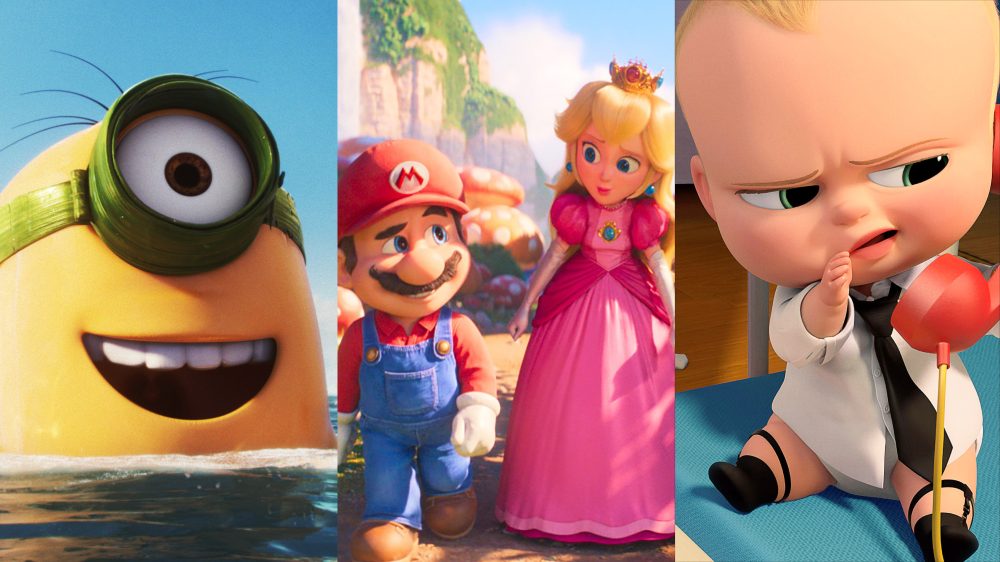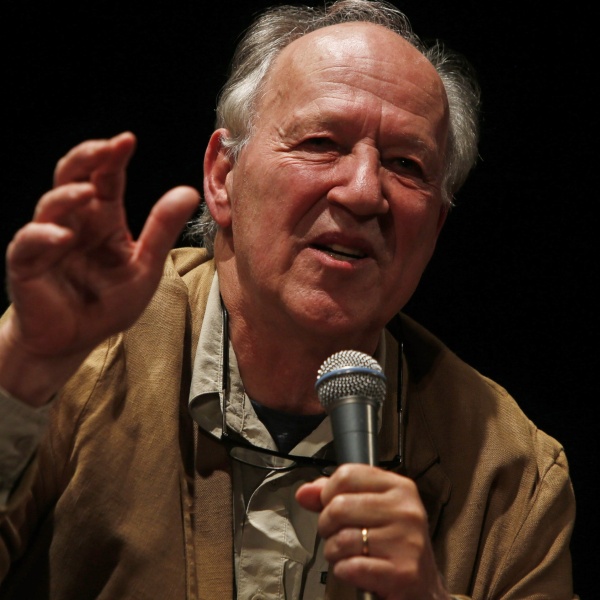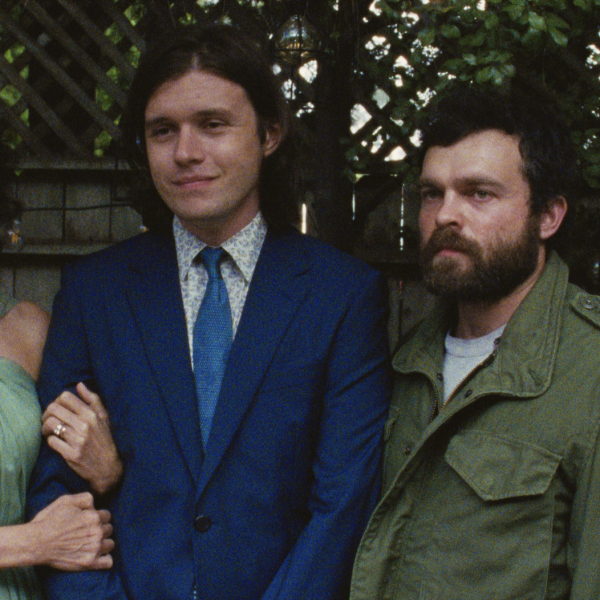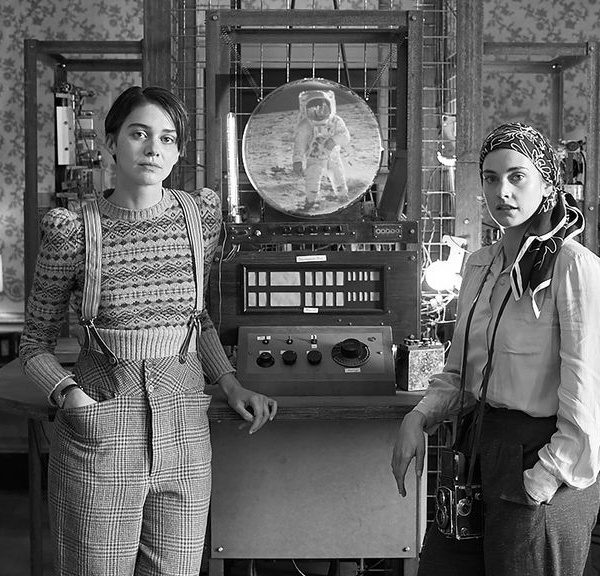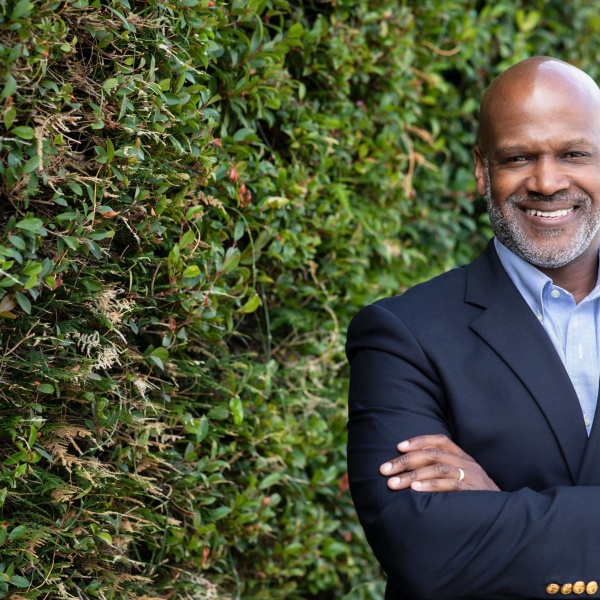NBCUniversal‘s streaming service Peacock had a big July and a massive August thanks almost exclusively to the 2024 Paris Summer Olympics. Netflix had an equally massive January-to-June, in part because of all NBCUniversal’s animated movies available on the streamer.
In case you’ve been living under a mountain of other Microsoft Excel spreadsheets, on Thursday, September 19, Netflix shared more than 16,000 lines of its viewership data from the first half of 2024. It lists every show or movie watched on Netflix around the globe, how many views each had, and for how many hours they were watched. Light reading material for us.
Twice a year, there are endless takeaways from Netflix’s data dump. One of the big ones from this set was just how dominant NBCUniversal’s animated films are — only not on NBCUniversal’s own streaming platform, Peacock.
The top six animated films (and nine of 10!) on Netflix over the first six months of the year all hail from one NBCU studio or another. NBCUniversal houses Universal Pictures, Illumination, and DreamWorks, as well as some more niche banners.
Netflix’s top 6 animated films of the year (so far) are, in order: “The Super Mario Bros. Movie,” “Minions,” “The Boss Baby,” “Despicable Me 3,” (the partially animated) “Woody Woodpecker Goes to Camp,” and “Shrek.”
Then Netflix finally lands one of its own in the top 10 with its Happy Madison collab “Leo” at #7. (“Woody Woodpecker Goes to Camp” is “a Netflix Original Film” meaning it was made for Netflix, but by Universal Animation Studios.)
After that comes “Orion and the Dark,” another “Netflix Original” (from a distribution POV) that was actually produced by DreamWorks. Rounding out the top 10 are “Trolls” and “Sing 2,” both of which were made under the watchful eyes of Comcast. We could keep going — Sony’s “Hotel Transylvania 2” performed well, as did Universal and Illumination’s “Despicable Me 2” and their first “Sing” — but you see it.
These were not just the biggest animated films on Netflix, they were some of the most-viewed titles of any sort on Netflix. “Mario” alone was viewed a whopping 80.3 million times around the globe — just on Netflix, and just in this six-month window.
“Mario” was Netflix’s fifth biggest movie overall in the period, its third biggest English-language film, and its #1 non-Netflix-Original — “Damsel,” “Lift,” “Society of the Snow” / “La Sociedad de la Nieve,” and “Under Paris” / “Sous la Seine” could only be seen on Netflix. The next batch of live-action flicks — “Mother of the Bride,” “Atlas,” “Irish Wish,” Zach Snyder’s “Rebel Moon” pics — are also Netflix Originals.
“The Super Mario Bros. Movie” debuted theatrically ($1.36 billion worldwide) back on April 5, 2023, came out on PVOD (premium video on-demand) 41 days later (and was a top 3 film for nine weeks), and premiered on Peacock on August 3, 2023, all before it finally hit Netflix. It was a smash in each of those windows. What we’re getting at is: Who had not seen “The Super Mario Bros. Movie” by January 1, 2024? In fact, “Mario” debuted on Netflix on December 3, 2023, meaning the first four weeks of its availability, when it amassed 44.9 million views (per Netflix’s prior engagement report), didn’t even count toward those 80 million views.
It sure helps that kids like to watch and rewatch (and rewatch and rewatch) movies.
“Minions,” a movie from 2015, racked up 72.7 million views on Netflix from January to June. At the time it was released, which is probably when the kids currently streaming it on Netflix were being conceived, “Minions” had the largest gross (nearly $1.2 billion worldwide) for any animated movie ever. (And with inflation, it basically ties “Mario.”)
The “Minions” movie, a spinoff of 2010’s “Despicable Me” (Netflix’s 57th-biggest film overall from January-June), popped on Netflix (as did “Despicable Me 2” and “Despicable Me 3”) thanks to the June release of “Despicable Me 4” in theaters.

The question then becomes, why would NBCUniversal let its incredibly popular animated movies go anywhere but Peacock? The answer is basically the same for any business story we’ve ever written: Money. Licensing deals for library titles are big revenue streams for studios, and the better the box office, the better the payout for these post-theatrical windows.
NBCUniversal’s film-licensing deal, updated in 2022, now goes like this: Within four months of a film’s theatrical debut, the movie premieres on Peacock, where it lives exclusively for four months. After that period, the live-action movies head to Amazon Prime Video and the animated ones to Netflix for a 10-month exclusivity window. Finally, the film comes back home to Peacock exclusively for four more months. A film’s first seven years is actually predetermined like this.
The intention of the deal is for Peacock to get all NBCUniversal-owned films first in hopes that new subscribers won’t be able to wait. Afterward, the film goes to one of the two biggest streamers in the world to get the exposure. Finally, when Netflix or Amazon have hooked you on the movie — especially Netflix and the kids — it will again become only available on Peacock. NBCUniversal believes it hits the subscriber-acquisition/retention sweet spot with this setup. (As we recently reported, few genres lower churn more than children & family programming.) And the licensing piece of it can bring in eight figures for one (hit) movie.
For Netflix/Amazon, the Universal films keep their libraries stocked and save on production costs. Netflix especially does not send any of its original films to theaters (Amazon does through its MGM banner), nor does it license any of its originals out elsewhere, so without a real revenue stream, it has become harder and harder to justify big budgets.
